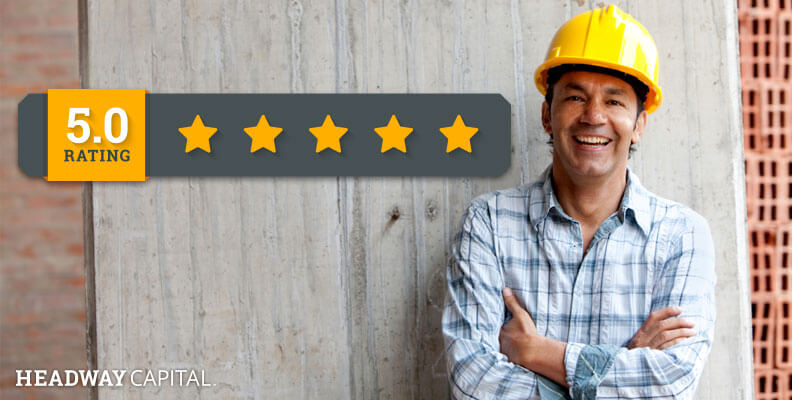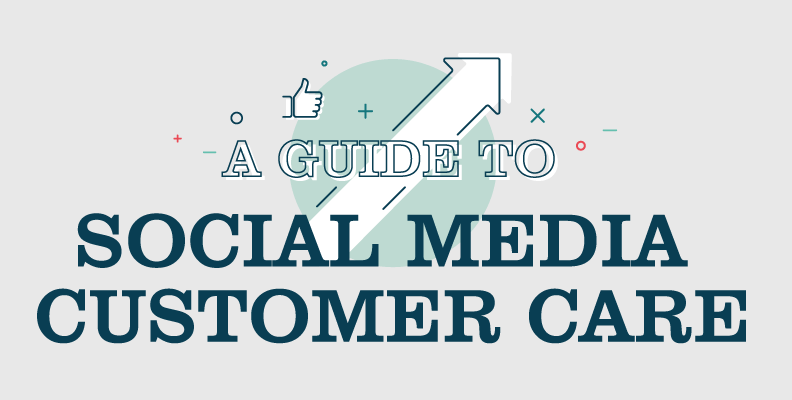In the Internet age, online reviews can make or break your business. Consumers aren’t limited to friends’ recommendations or co-workers’ connections; they can consult millions of opinions with a click of a button through online review sites. As a result, advertising for your business is no longer solely in your hands as the business owner. Customers now have a say in who trusts your company, regardless of the message you put out on print ads, social or other marketing mediums.
Taking charge of your reviews means taking charge of your business. The time you invest in managing reviews is time spent managing your reputation as a business and building better relationships with your customer base. Not convinced? Think reviews aren’t important to your marketing strategy? We’ll explain how reviews are crucial – no matter your product or service – and how to maximize them for the best potential return.
Why Does My Small Business Need Reviews?
Reviews validate your business: You’re in need of a good plumber and fast. You type “plumber near me” into a search engine and come up with two options that are open right now. The first plumber has a 4-star average with 30 reviews. The second plumber has a 4.5-star average, but only two reviews. Even though the first plumber has a slightly lower score, you might still go with them because that review is validated when compared to the plumber that only has two reviews. The volume of reviews lets you know that the rating is probably more accurate and isn’t skewed by a singular review. Which brings us to our next point.
More reviews mean an honest reflection: If you only have a few reviews, one negative post could make a large impact. Picture a pebble dropped in a puddle. Now picture that same pebble dropped into a lake. The puddle would ripple to the edge, but the ripples in a lake would fade out before ever making it that far. Don’t let one stone sour your water. The more reviews you have not only validates your reputation, but helps drown out any negative outliers.
Reviews boost sales: According to a study conducted by Harvard Business School, “a restaurant that boosts its Yelp score by one full star can see revenues increase 5 to 9 percent.”1 While Yelp may not be your forte (and we’ll discuss if it should be), the study is still relevant – positive online reviews help get your business noticed.
Which Review Site is Right for Me?
We’ve compiled a list of popular review sites across the web, breaking down the type of business that would benefit most from the review structure of the site.
Note: Our recommendations are not one size fits all. You can be (and probably will be) listed on multiple review sites. However, engaging with all review sites might be too time consuming. Instead of spreading yourself too thin, invest time in your top two review sites. Current customer activity is a great indicator for whether or not you should invest time on one particular site over another. In other words, see where your customers are already posting reviews and start there. You may read the profiles below and think that one review site fits your business better than what is popular among your customer base. We recommend prioritizing your optimization efforts on what your customers want, not what you think they want.
Yelp: Founded in 2004, Yelp is the largest review site for local businesses.2 With over 86 million unique views on mobile in Q4 2015 alone, it’s at the top of the review site ladder. 2 Yelp is a favorite among restaurateurs, but also has a large stake in service-based businesses. Over the last few years, Yelp has expanded its features to benefit both the business user and the consumer. They’ve added a “featured listing” which, for a price, guarantees your business listing first or second position, similarly to pay-per-click advertising through Google AdWords. Businesses can also list exclusive Groupon-style deals for purchase (i.e. $15 for $5) or discounts that users can redeem by checking in at your location.






